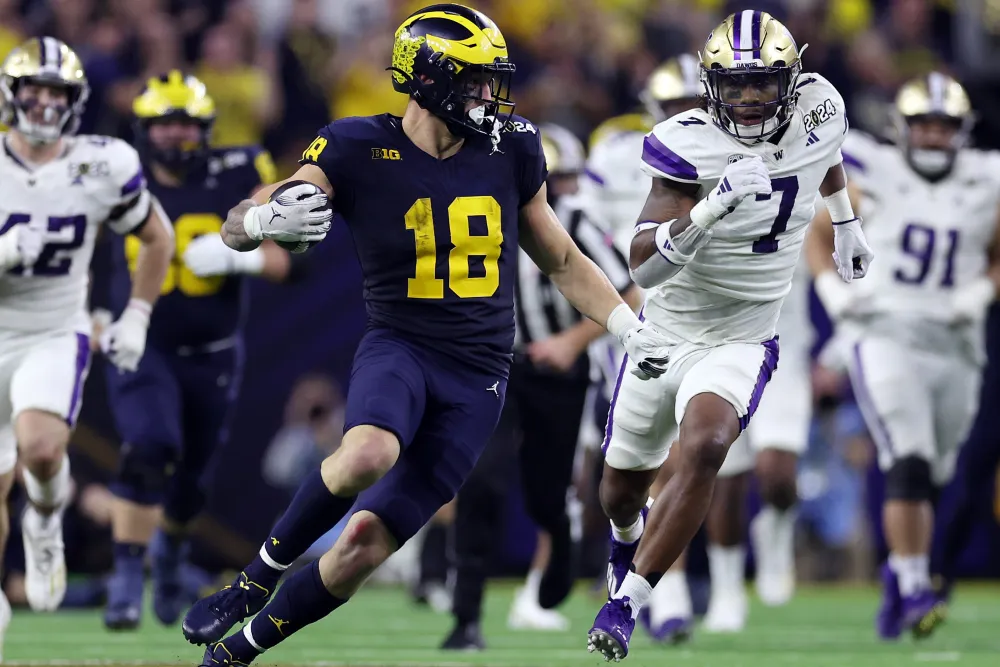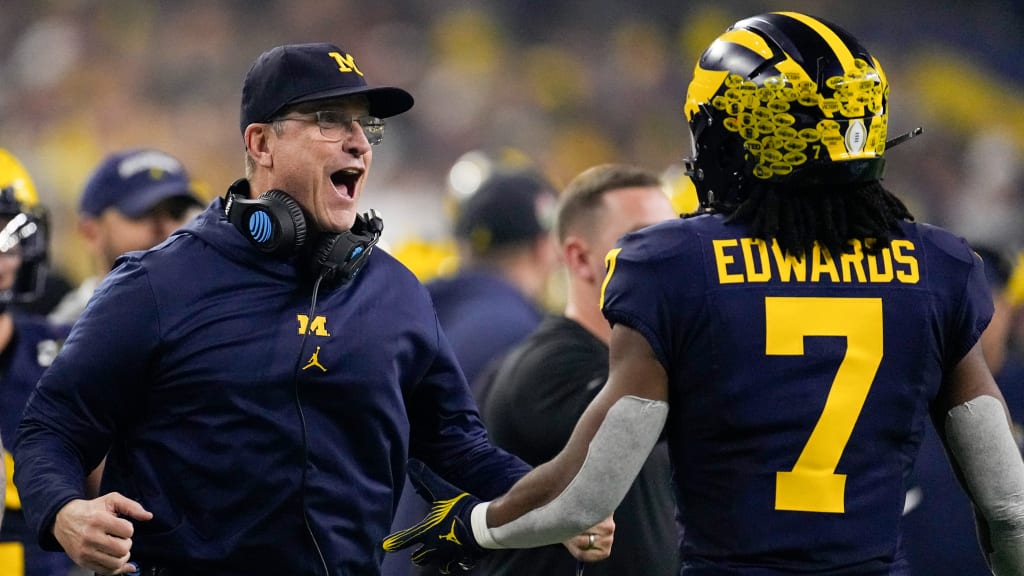I. Importance of referees in college football
Referees are crucial in college football, serving as impartial arbiters and enforcing the rules of the game. Their decisions can have a profound impact on the outcome of a match, making it essential to have competent and experienced individuals in this role. Furthermore, referees help maintain order and contribute to the overall quality of the game, ensuring that players adhere to the rules and fostering a spirit of healthy competition.
II. Factors Influencing College Football Referee Salaries
A. Experience and Level of Expertise
- Referee advancement through different levels of college football Referees in college football typically begin at the lower levels, working their way up through various divisions and conferences based on their performance. As referees progress, their level of responsibility and the complexity of games they officiate increases. This advancement reflects their experience and expertise in handling higher-pressure situations, which in turn affects their compensation.
- Impact of years of experience on salary In college football, the number of years a referee has officiated plays a significant role in determining their salary. Referees who have built a reputation for consistency, accuracy, and professionalism over the years often command higher salaries. Their experience provides them with a deeper understanding of the game’s intricacies, allowing them to make split-second decisions based on their accumulated knowledge.
B. Conference Affiliation

- Variances in salaries among different conferences Referee salaries can vary significantly depending on the conference they are affiliated with. This discrepancy is due to several factors, including the financial resources and prestige of the conference. Conferences with substantial television and sponsorship deals tend to allocate more resources towards referee compensation, resulting in higher salaries. Additionally, conferences with a higher level of competition may attract more experienced referees, leading to increased salaries due to demand.
- Conference prestige and financial resources Conference prestige plays a significant role in college football referee salaries. Conferences with a high level of prominence and visibility, such as the SEC or Big Ten, are more likely to have greater financial resources, which are subsequently allocated towards referee compensation. This correlation exists due to the belief that high-profile conferences require the most skilled and experienced officials to handle their games, justifying higher salaries.
C. Game Assignments and Schedule
- Higher-profile games and postseason assignments Referees who officiate higher-profile games, such as rivalry matchups or bowl games, often receive higher compensation. These games typically attract a larger audience and generate more revenue, warranting better compensation for the referees involved. Similarly, officiating postseason games, including conference championships or playoff matchups, is considered an honor and can result in increased pay.
-
Officiating multiple games in a week and impact on compensation Referees who are willing to officiate multiple games in a week, known as “double-dipping,” are more likely to earn a higher income. While this practice can be physically demanding, it provides an opportunity for referees to maximize their earnings. Additionally, the ability to work multiple games demonstrates a high level of dedication and reliability, resulting in increased compensation.
III. Average Salaries for College Football Referees

A. NCAA Division I-FBS Level Referees
- Range of salaries at the highest level of college football Refereeing college football games at the NCAA Division I-FBS level is considered the pinnacle of officiating. The salaries for Division I-FBS referees can vary significantly depending on multiple factors, including experience and conference affiliation. On average, salaries for referees at this level range from $2,000 to $5,000 per game. However, these figures can increase for high-profile matchups or postseason assignments.
- Different pay scales within conferences and postseason opportunities Within each conference, referee salaries may differ based on the prestige and financial resources of the conference itself. Power Five conferences, such as the SEC, Big Ten, ACC, Big 12, and Pac-12, generally offer higher pay scales due to their higher revenue and television contracts. Additionally, referees who are chosen for bowl games or officiating prestigious games like the College Football Playoff can earn substantially more, often with performance-based bonuses.
B. NCAA Division II and Division III Level Referees

- Variances in salaries compared to Division I-FBS level Referees officiating at the NCAA Division II and Division III levels generally receive lower salaries compared to their Division I-FBS counterparts. The compensation for Division II and Division III referees typically ranges from $800 to $1,500 per game. These referees are often part-time officials who may hold other full-time jobs outside of officiating.
- Impact of budget limitations on compensation The lower salaries at the NCAA Division II and Division III levels are due to the smaller budgets and revenue streams available for those programs. Many of these schools have limited resources and prioritize academic initiatives over athletic endeavors. Consequently, this impacts the compensation offered to referees at these levels.
IV. Additional Perks and Benefits

A. Travel Expenses and Accommodation College football referees often receive compensation for travel expenses, including flight or gas mileage, lodging, and meals. This helps alleviate the financial burden of transportation and accommodation costs, especially for referees who travel long distances to officiate games.
B. Insurance Coverage Being college football referees entails certain risks on the field. To ensure their well-being, referees are usually provided with insurance coverage that may include medical, dental, and liability insurance. This coverage helps protect referees in case of injuries sustained during games or potential legal issues that may arise.
C. Professional Development and Training Opportunities The officials at the college football level are expected to stay updated with rule changes and improve their skills through ongoing professional development and training opportunities. Referees often attend regional or national clinics, where they receive guidance from experienced officials and gain valuable insights to enhance their officiating abilities. These development programs and training opportunities help referees enhance their performance and potentially advance to higher levels of officiating.
V. Conclusion
College football referees play a vital role in the sport, ensuring fair play and maintaining the integrity of the game. Salaries for referees at the NCAA Division I-FBS level can range from $2,000 to $5,000 per game, with additional opportunities for higher compensation for postseason assignments and high-profile matchups. Referees at the NCAA Division II and Division III levels receive lower salaries due to budget limitations at those levels. However, referees across all divisions enjoy additional perks and benefits, such as travel expenses, insurance coverage, and professional development opportunities. By offering fair compensation and supporting referees with necessary resources, the sport can attract and retain talented officials, thereby ensuring the high quality and fairness of college football games.



